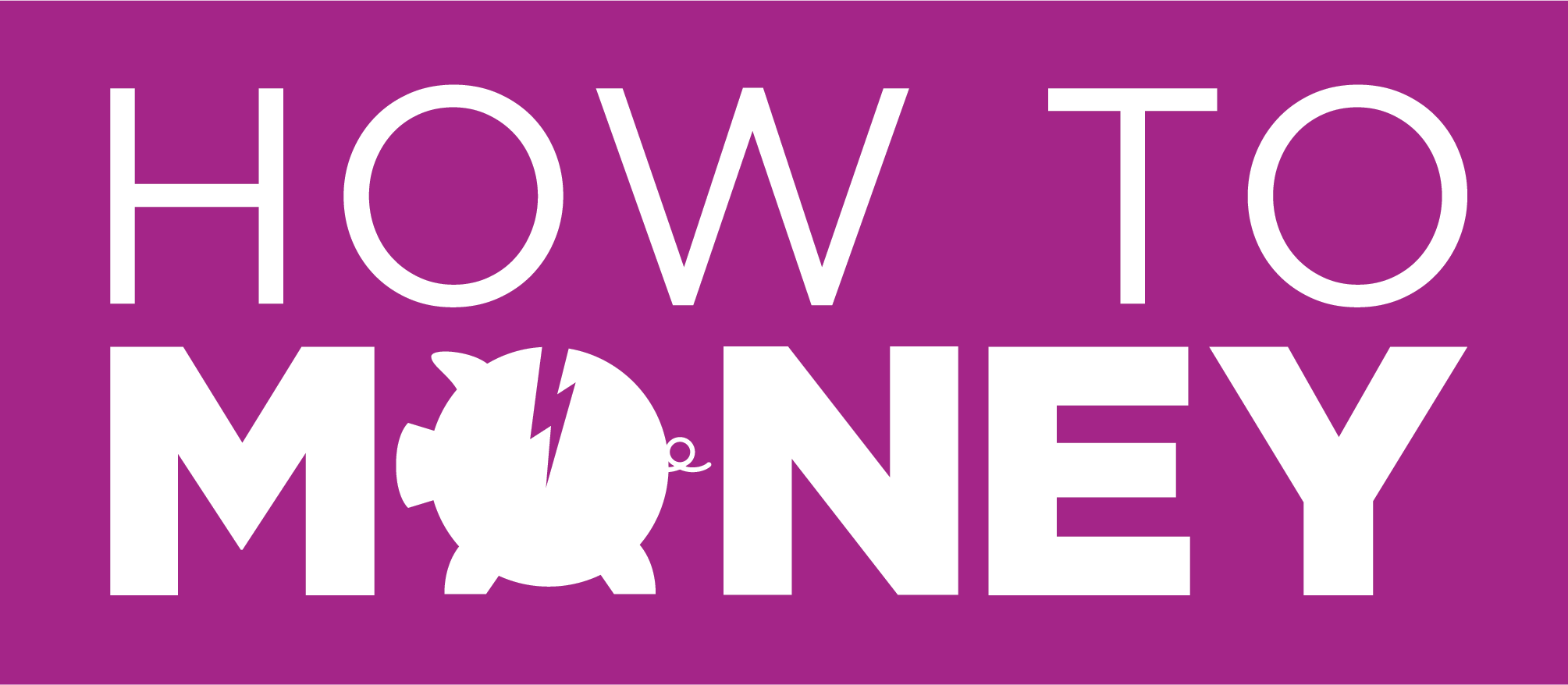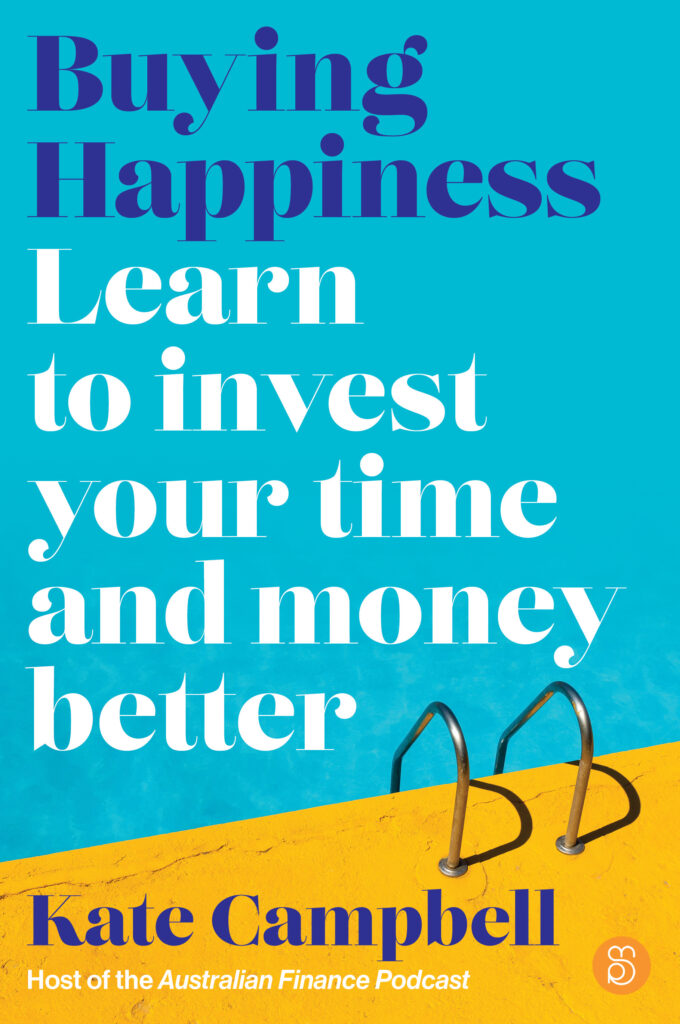
Ethically Investing Your Money Towards a Better Future
Investing your money towards a better future for you and our planet sounds pretty good, right? However, investing in line with our values can be confusing. Ele de Vere from Australian ETF Manager, BetaShares, takes a deeper dive into the who, what and why of socially responsible investing and the different options available to help you get started.
Heads up! Acronyms are aplenty in this piece. We explain each as we go and there’s a glossary at the end if you need it.
What is socially responsible investing?
Socially responsible investing (SRI) is investing your money in companies that operate in a way which takes into account environmental, social and governance (ESG) issues. There’s a wide range of names and buzz words you may have heard of, including ethical, ESG, sustainable, socially responsible and impact investing. While each is subtly different, these approaches are about making investment choices that align with your personal values and using your investment dollars to influence the way businesses behave and their impact on people and the planet.
In Australia, the responsible investment market continues to grow, with assets under management (AUM) up 13% over the course of 2018, to $980 billion1! That’s a lot of zeros, and with increasing demand and product options, it’s expected to grow even further.
How does ethical investing it work?
Screening is critical in the creation of ethical investment products. However, with interpretations of ‘responsible/ethical investing’ varying widely, finding what to invest in can be challenging, as someone else’s idea of ‘ethical’ may not match yours. Back in 2017, when we were launching the BetaShares Global Sustainability Leaders ETF (ASX: ETHI) and BetaShares Australian Sustainability Leaders ETF (ASX: FAIR) – so we took on board what Australian investors wanted to be screened out and offered these exchange-traded funds (ETFs) in a low cost and transparent way, while providing something completely true-to-label.
When did the idea of SRI gain traction?
Modern ideas of socially responsible investing started way back in the swingin’ ‘60s, which may be why being green was associated with ‘hippie’ culture! Fast forward to the 1990s where the scope of SRI broadened to include diverse issues, including environmental sustainability and fossil fuels. Enter the 2000s and there has been a massive increase in Australia and globally in the availability of socially responsible investment options, planting it firmly in the mainstream.
What areas should you look at when considering investing with an ethical framework?
Some investors may choose to eliminate or filter out specific industries, sectors, or companies involved in activities or products such as fossil fuels, mining, gambling, alcohol, tobacco, weapons, pornography or animal testing. Others may choose to focus on companies with strong ESG credentials, or over-allocate to one specific industry, such as solar power. One benefit of choosing a fund (like an ETF) rather than a single company, is the ability to access a range of companies which have been pre-screened for you.
What are some socially responsible investment options available in Australia?
There is a range of socially responsible investing options now available including through superannuation funds, ETFs and picking individual shares. Younger investors, or those new to investing, may find ETFs an attractive option due to their simplicity, low cost, and diversification – researching individual companies for their SRI qualities can be time-consuming and demands a certain level of expertise.
One example is our FAIR ETF, which provides exposure to a carefully screened portfolio of around 80 Australian companies in one trade via the Australian Securities Exchange (ASX). The screening process includes the removal of companies that are directly or indirectly involved in the fossil fuel industry and exposed to other negative activities, including gambling, tobacco and animal cruelty.
FAIR (and ETHI) also have a unique gender diversity screen which requires a company to have a minimum level of female representation on its board. #GirlPower
How can you be sure you’re investing in an ethical investment product?
Just like checking out a car you might buy, it pays to look ‘under the hood’ of what you’re investing in.
To help find investment options that match your beliefs and personal values, the Responsible Investment Association Australasia (RIAA) runs a certification program (Google it to find out more). If an investment product has been RIAA certified, it means it has detailed responsible investment processes for all investment decisions and has met the strict disclosure and verification requirements of the program. I’m pleased to say both of BetaShares’ socially responsible ETFs have the RIAA certification, as they apply some of the strictest screening processes in Australia2.
Does investing responsibly mean sacrificing financial performance?
The short answer is ‘no’… but let me elaborate! Giving priority to ethical considerations does not mean you have to trade off returns. The RIAA found that ESG focused Australian share funds surveyed, outperformed average large-cap Australian share funds over five and ten-year time horizons3.
The same rings true for ETFs as well. The indices BetaShares’ ETHI and FAIR aim to track, have outperformed the broader market benchmarks over 1, 3 and 5-year periods4, too.
Of course, it’s important to keep in mind that past performance isn’t necessarily indicative of future performance and investments can go down, as well as up.
Where to next?
SRI, ethical investing, sustainable investing– whatever you like to call it – is evolving rapidly, which means simple, not true-to-label offerings no longer cut the mustard. Thanks to options such as ETFs, it’s also easier than ever to add low-cost and diversified SRI options to an investment portfolio.
If the overall ethical investment industry can grow 13% in one year – how large will it be in 5,10 even 20 years in Australia? As the trend towards a cleaner and greener future continues, investing in a socially responsible way, is investing in the future!
Cheers,
Ele de Vere — BetaShares Australia


This article is general in nature and is not a recommendation to make any investment. BetaShares Capital Ltd ACN 139 566 868 AFSL 341181 is the issuer of the BetaShares ETFs. Read the relevant PDS at www.betashares.com.au and consider, with your financial adviser, whether any product mentioned is right for your circumstances. Investing involves risk and investment value may go down as well as up. Past performance is not indicative of future performance.
Want to learn more about money and personal finance? Check out our article archive, the How To Money Podcast and the Australian Finance Podcast. Catch us on Twitter @HowToMoneyAUS and Instagram on @HowToMoneyAUS.
Important Information
The information on this blog and website is of a general and educational nature only. It does not take into account your individual financial situation, objectives or needs. You should consider your own financial position and requirements before making a decision, as we are not an advisory service. We recommend you consult a licensed financial adviser in order to assist you. The information is based on assumptions or market conditions which can change without notice, and this will impact the accuracy of the information provided. This website and blog occasionally provide links to third-party sites, aimed at helping you gather the information required to make an informed decision — we may receive payment for these referrals.






